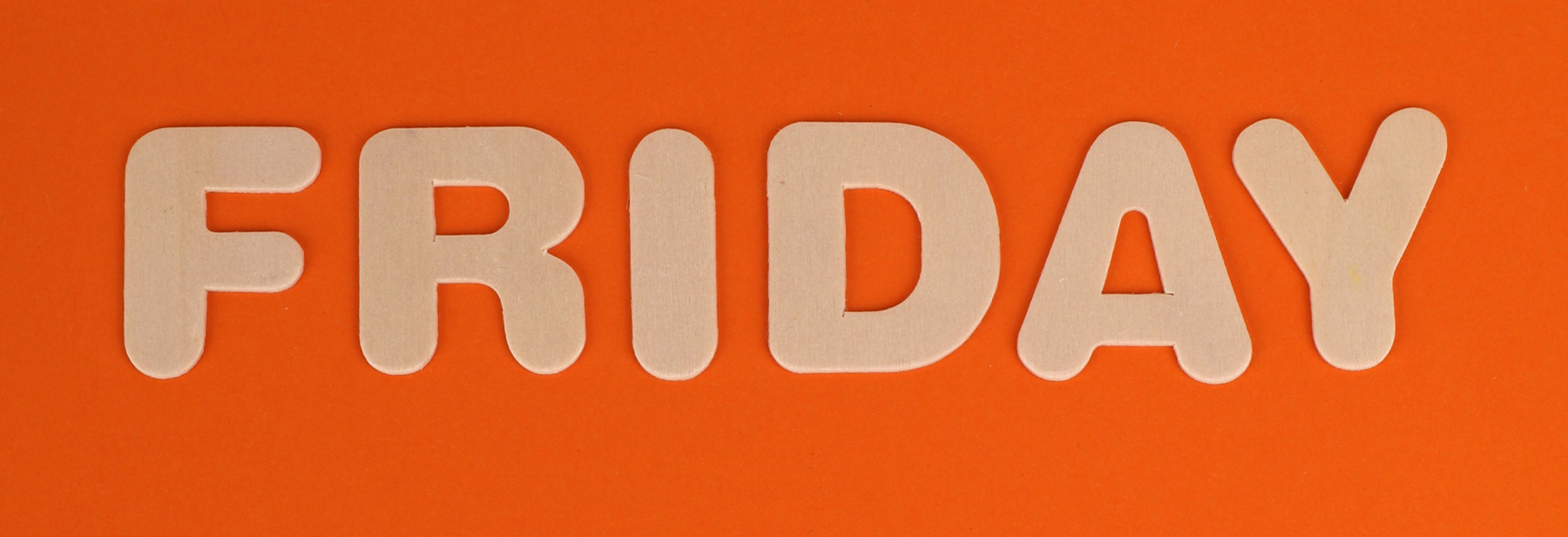
ServiceFriday: Sense of Humor – Humor’s Impact on Consumer Behavior
Rodney Dangerfield, Robin Williams, Jerry Seinfeld, Dave Chappelle and Chris Rock all have one thing in common – other than being some of this author’s all-time favorite stand-up comedians – and that commonality is that people flock(ed) to them. But even more recent comedians such as Kevin Hart have also had droves of people come see them. In fact, Hart performed in-front of a sold out crowd at Lincoln Financial Field (home to the NFL’s Philadelphia Eagles) which was staggering considering that show marked the first time a comedian ever headlined an NFL stadium. So why exactly do people flock to comedians and what does any of this have to do with the service industry?
A recent article entitled “Humor, Comedy, and Consumer Behavior” offers the answers and provides fascinating insight into how the use of humor by service employees can impact consumers and their behavior. Specifically, the authors focused on framing the effects of humor on hedonic goals, utilitarian goals and social goals while also inspecting the moderating factors of humor efficacy and humor style (aggressive, self-defeating, self-enhancing, and affiliative).
Hedonic goals refer to “the desire to maximize pleasure and minimize pain”. Pleasure-seeking is an important reason why many consumers choose to buy a product or service. Extant research suggests that humor appreciation can facilitate hedonic goals by: increasing positive emotions, attenuating negative emotions, and reducing pain. This led to the authors initial hypothesizes: humor appreciation makes negative consumption experiences less unpleasant by (a) improving consumers’ mood and (b) helping them reappraise the experience as benign.
Utilitarian goals are classified as “operating at the individual level of analysis, whereby the purpose of the goal is to change levels of relatively stable characteristics of the person.” These goals help consumers reach outcomes that are desirable but require planning, self-regulation, goal-monitoring, and continuing the practice of performing goal-consistent behaviors over a period of time. Current research indicates that humor appreciation and comedy production
influence the utilitarian goal of making good decisions. Humor appreciation affects decision making by altering (a) memory), (b) information processing, and (c) creativity.
Therefore, the authors constructed their next two hypothesizes:
P4: Humor appreciation can help consumer decision making by (a) enhancing memory for humorous marketplace information, and (b) helping people find creative solutions to consumption-related problems.
P4: Humor appreciation can hinder consumer decision making by (a) reducing memory of non-humorous marketplace information and (b) reducing careful information processing.
To discover humor’s effect on social goals as well as read the full article, go to the Journal of Consumer Research at this link. (A fee may apply.)